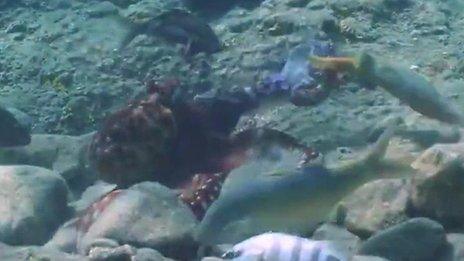Aberystwyth: Octopus database plan to stop overfishing
- Published
The project is being led by Aberystwyth University researchers, with US government funding
A new global database of octopus genes is being developed in an effort to protect them from overfishing.
It is claimed species are misidentified and inaccurately recorded when caught.
The development of the database is being led by scientists at Aberystwyth University, with funding from the US government.
The plan is to create an app for those in the seafood sector to accurately track where the animal has come from and how sustainable the species is.
The volume of fishing of octopuses, squid and other cephalopods, has increased significantly over the past 60 years.
But a lack of data about what is being caught - and where - has led to fears over the future of some species, as well as the sustainability of what is considered to be an important, protein-rich food source in some communities.
Prof Paul Shaw, one of the project's senior scientists, said: "Tracking and sharing information about where our seafood comes from is an essential part of efforts to prevent overfishing."
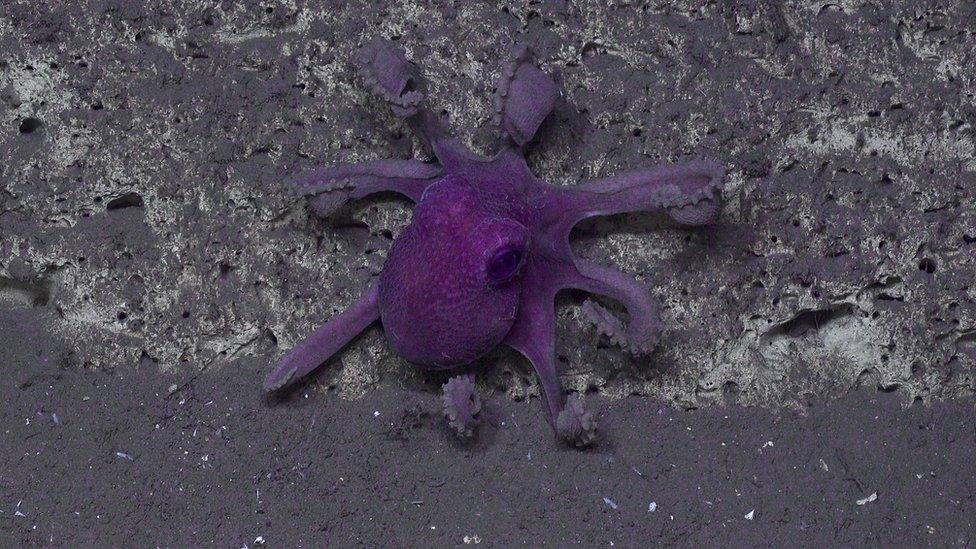
Octopuses live in all of the world's oceans, but are most abundant in warm, tropical waters
The first phase of the project has been given $750,000 (£567,000) of US funding and involved teams from countries including South Africa, Japan and Mexico.
Prof Shaw said: "The aim is to provide a proof-of-concept that can be rolled out to the fishing industry in general.
"So, while the team will focus on cephalopods, the longer-term aim is to provide a comprehensive system to enable any seafood item to be harvested, distributed and processed through to the consumer in a clearly identifiable and sustainable way."
The project will also set up a citizen science network to gather new data on octopus populations from portable environmental DNA kits.
This can be collected by taking seawater samples - offering an indication of which organisms are prevalent or in the vicinity.
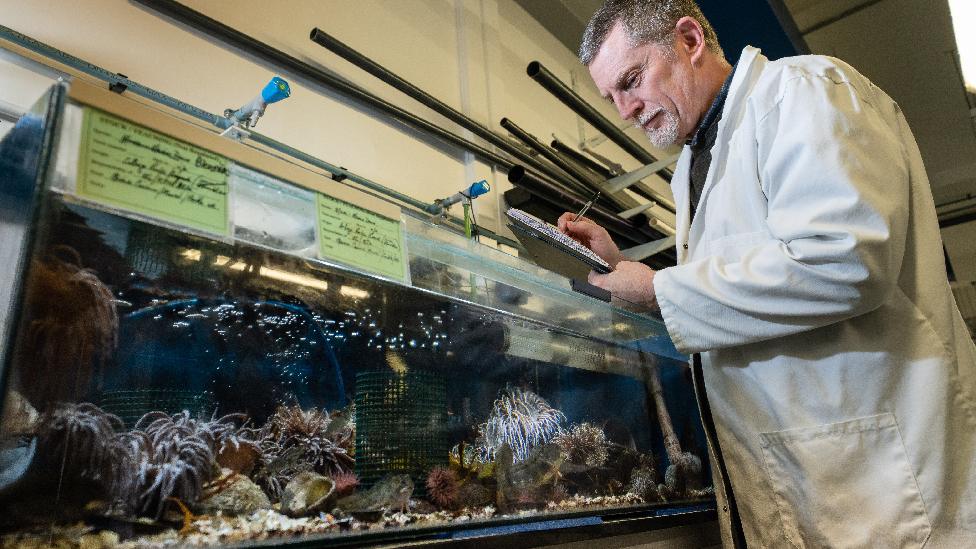
Prof Paul Shaw said the project was "essential" in preventing overfishing
This work will be led by Loyola Marymount University in Los Angeles, California.
"Working with a range of partners we plan to produce a traceability tool that will allow for a better understanding of the species caught, the source of the product, and confirmation of its legitimate path from fishery to fork," said assistant professor Demian Willette.
Fourteen industry partners, from fishers to seafood processors, will help inform and test the design of the traceability tool.
Nia Griffith, who runs the North Wales Seafood Cluster project, external, said she was "really excited by it".
"We're not known for octopus fishing in Wales, but that said, there's a lot of good that can come out of this (for us)," she added.
"We can learn a lot from the methodology and new technology that will be developed and it's very welcome to see a Welsh university on a worldwide stage doing this type of research."

BARGE BASHING AND BICKERING: Explore Welsh canals with Maureen and Gareth
WONDERS OF THE CELTIC DEEP: Encounter mythical coasts and extraordinary creatures

Related topics
- Published6 December 2021
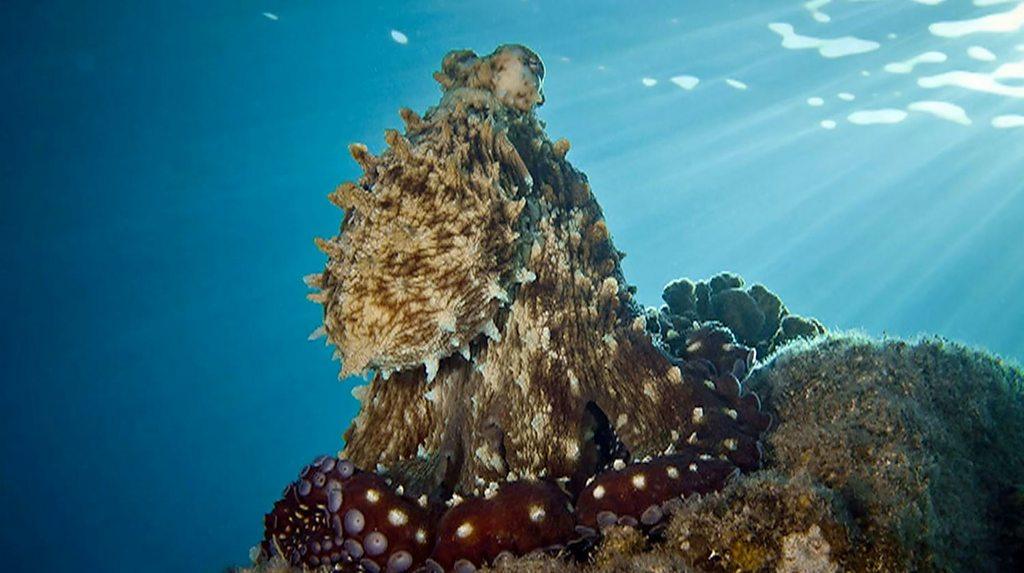
- Published8 July 2021
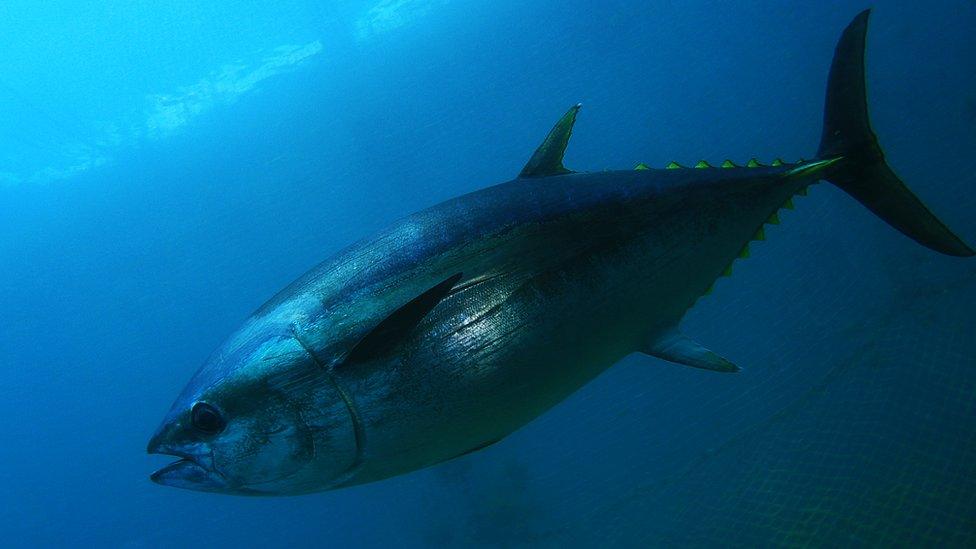
- Published18 June 2021
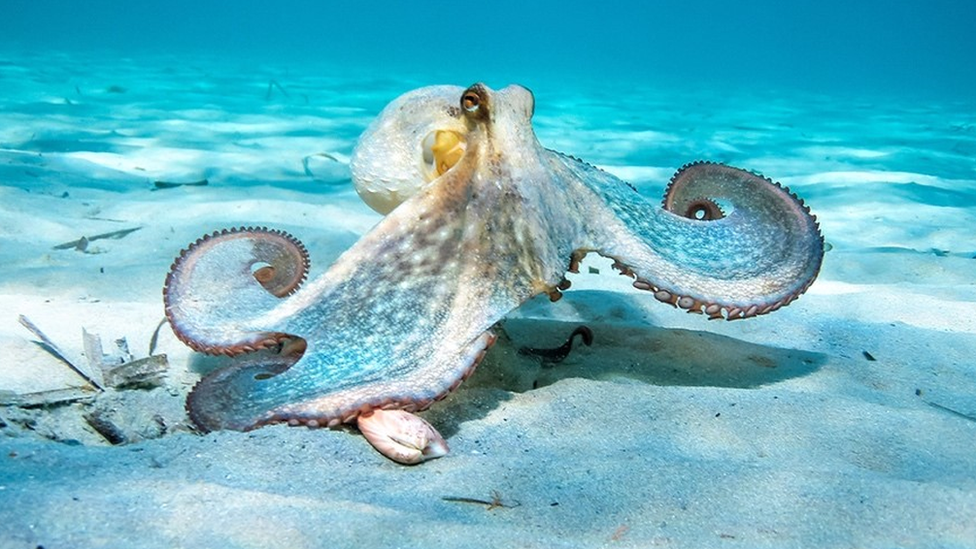
- Published23 December 2020
